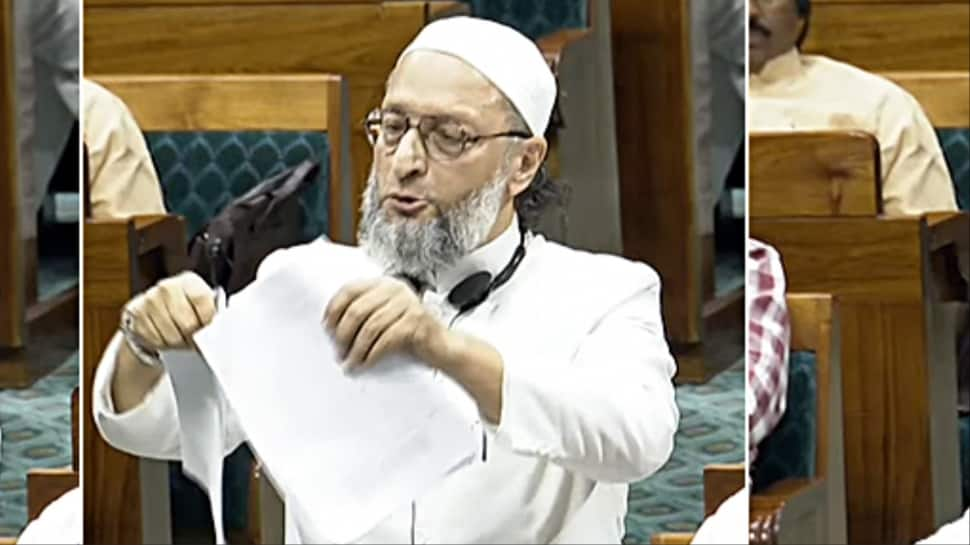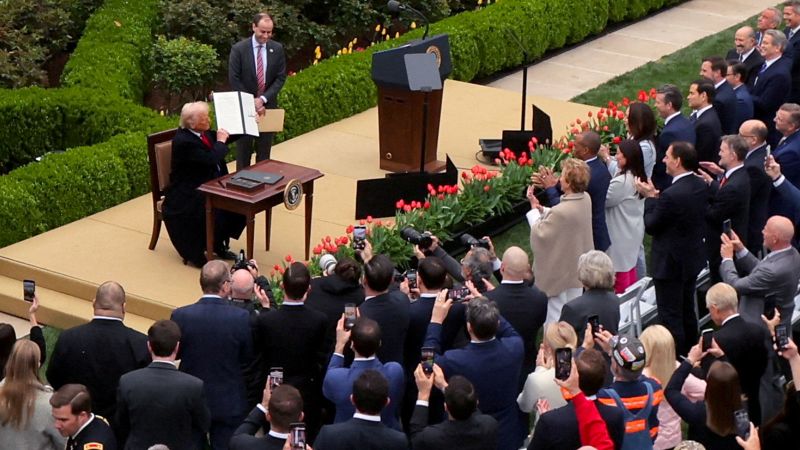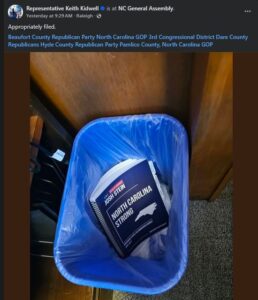
The electoral watchdog is reviewing whether Prime Minister Anthony Albanese and Greens leader Adam Bandt’s collaborative posts with social media personality Abbie Chatfield should be classified as political content in a flagship test of the growing relationship between politicians and influencers as they seek new ways to reach voters. Authorisation messages are legally required on political content from someone communicating an electoral or political matter. Traditional news media is excluded from this requirement but the Australian Electoral Commission is reviewing whether Chatfield’s content is news opinion or should be declared as an endorsement of a candidate.
The electoral watchdog’s review will test political leaders who share content creator posts that instruct listeners how to vote, as more MPs are drawn to appear on influencer podcasts and social media to reach a broad range of voters. Three clips of Albanese being interviewed by Chatfield are on both his and her Instagram pages. One of the captions includes a summary of Labor’s Medicare policies while criticising the Liberal Party for its history on health policy.

Bandt’s Instagram account has four collaborative posts with Chatfield, including clips of their joint “VOTE” DJ event in Melbourne last month, videos of Chatfield asking attendees “who here is voting Greens?” and a podcast clip with Chatfield describing Bandt as an “incredible leader”. In the videos, other posts and captions, Chatfield promotes the Greens while telling her followers to put the Liberal Party last when they vote. Chatfield has regularly declared that she has invited Coalition leader Peter Dutton onto her show, but he has declined.
The electoral commission told this masthead it was probing whether Chatfield’s posts were electoral content. “The AEC will review these posts,” a spokesperson said. “When it comes to any content on social media, the AEC’s advice is always ‘if in doubt, authorise’.
” It is required of anyone who creates political content – excluding news media – to put an authorisation message on it, as it gives the AEC further powers to enforce transparency and helps consumers understand who created or funded the political messaging. A way the commission decides whether something is an electoral matter or news media is through “the dominant purpose test” – which is a list of circumstances when content is more likely to be political opinion rather than a news account. The test on whether something is political includes determining if content is communicated publicly by a political entity or significant third party.
Other ways the commission tests if something is an electoral matter includes determining if the content contains an express or implicit comment on a political entity, tells consumers how to order voting preferences on their ballot paper or if the intended audience is electors. During budget estimates last week, Coalition senator Jane Hume asked if the collaborative posts with Chatfield, Albanese, Bandt and the Greens breached the Electoral Act. Acting electoral commissioner Jeff Pope said he would look at the posts and consider if they are electoral matter.
“We’d have to look and see whether content was being produced of the own volition of the person who’s the influencer or [if there] is another buying, potentially using that as advertising and promotional content,” he said. Chatfield posted a clip of Hume asking about influencers to her Instagram account on Tuesday, saying the Liberal Party always questioned if influencers were paid because they failed to understand that people disliked their party’s values. “It’s so funny that the Liberal Party can’t comprehend that maybe young people, aka influencers, just f---ing hate the Liberal Party,” she said.
Hume also asked whether it would be a problem if influencers were being paid to produce specific content for the federal budget. There is no evidence of this being the case. “I was not paid to post for the Greens.
There have actually been no verified accounts of influencers being paid to attend the budget, they’ve just made that up,” Chatfield said in response on Tuesday. Last week a government spokesperson confirmed some social media influencers for their travel and accommodation costs to attend the budget, but they were not directed on what content to produce. In a statement, Hume said the new generation of political commentators were welcome, but they needed to be upfront about their motives.
“We all want to understand what is expected for new communications to comply with electoral laws ...
[if influencers] are partisan and are seeking to influence votes the law requires them to register and authorise their activity,” she said. A spokesperson for the Greens said the party had received no advice from the commission about the posts. Albanese and Chatfield were contacted for comment.
.














